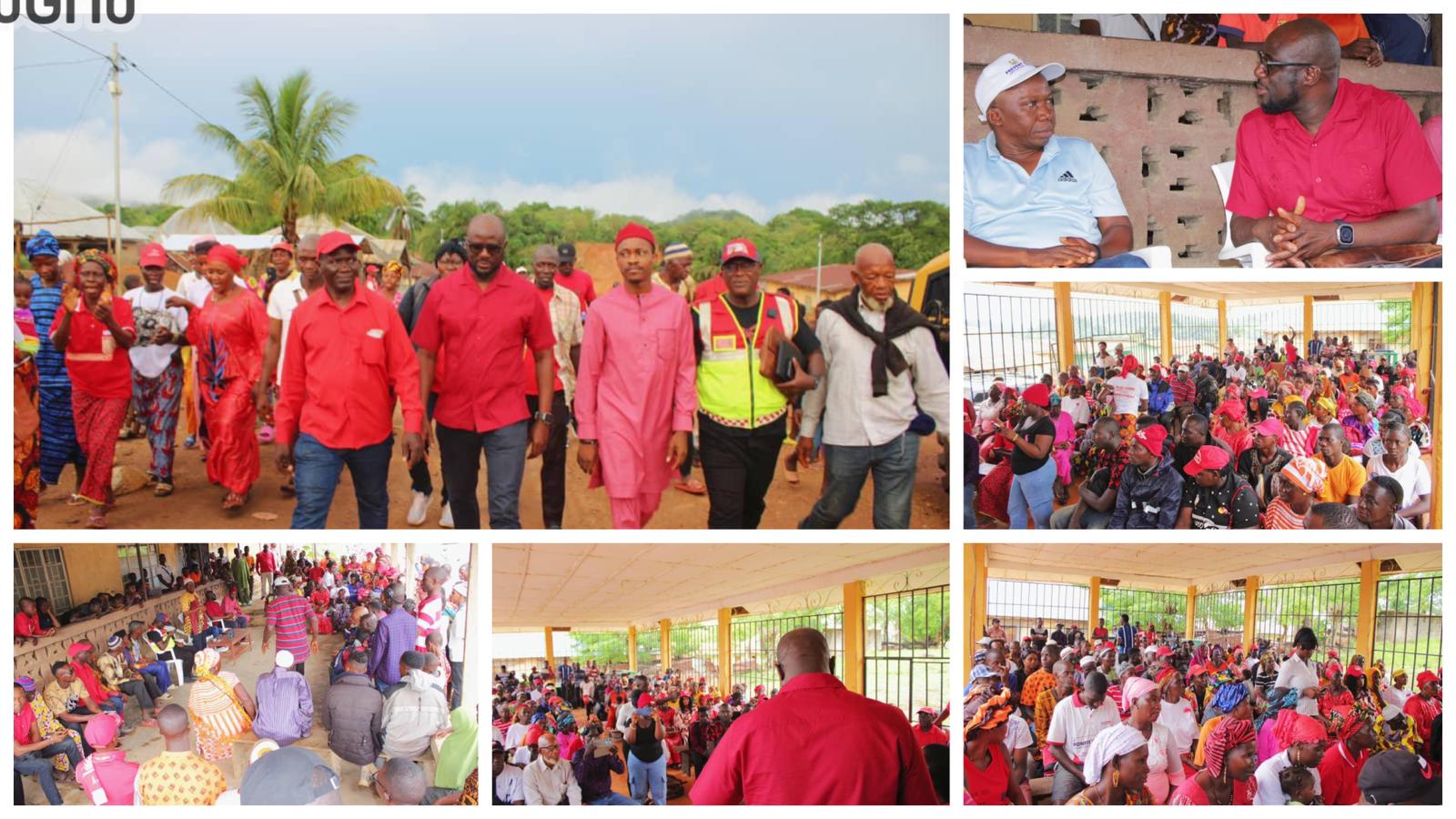
Amidst the recent approval of the Millennium Challenge Corporation (MCC) Compact by the United States government, aimed at addressing the country’s persistent electricity challenges, the Opposition Chief Whip, Hon. Abdul Karim Kamara, has raised critical concerns regarding the government’s approach.
Speaking during an emergency parliamentary session convened to ratify the compact, Hon. Kamara emphasized that while the compact is a significant financial achievement, the path to attracting further international investment is tied to improving Sierra Leone’s democratic standing.
In his address, Hon. Kamara expressed disappointment with the government’s focus on electricity transmission and distribution, noting that it neglected crucial energy generation solutions. “Without prioritizing energy generation, our efforts to transmit and distribute power will be ineffective,” he argued.
He further highlighted the absence of the Bumbuna Phase Two project in the government’s plans, describing it as a missed opportunity to harness the most reliable local power generation entity. In his view, Bumbuna Phase Two could have provided a more sustainable solution compared to the expensive Karpowership, which he argued drains substantial funds without yielding the desired outcomes.
Hon. Kamara’s sharpest criticism, however, centered on the broader political climate in Sierra Leone. He pointed out that issues such as human rights violations, unlawful arrests, and political intimidation are major barriers to attracting foreign investors. “Until we build our democratic credentials, we will not attract world investment,” he warned, linking the government’s failure to fully embrace democratic reforms with the challenges facing Sierra Leone’s economic development.
The U.S. government’s conditional approval of the MCC Compact, which requires the implementation of key tripartite recommendations before disbursement, is viewed by Hon. Kamara as a test for Sierra Leone’s commitment to reform. He urged the government to act on these recommendations, which include political, legal, and governance reforms, to ensure the success of the compact and to maintain international credibility.
While acknowledging that securing the MCC Compact funds is a commendable achievement, Hon. Kamara stressed that it would be “shameful” if the government failed to meet the established benchmarks, particularly in light of ongoing political tensions. He referenced the continued incarceration of opposition members, despite calls for national unity, as an example of the government’s reluctance to fully embrace inclusive governance.
In closing, the Opposition Chief Whip called for urgent action to implement the tripartite recommendations, stating that doing so would not only unlock the benefits of the MCC Compact but also promote peace, unity, and economic stability in Sierra Leone. He underscored that building democratic institutions is key to ensuring long-term growth and securing Sierra Leone’s position as a destination for global investment.



